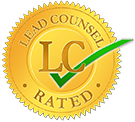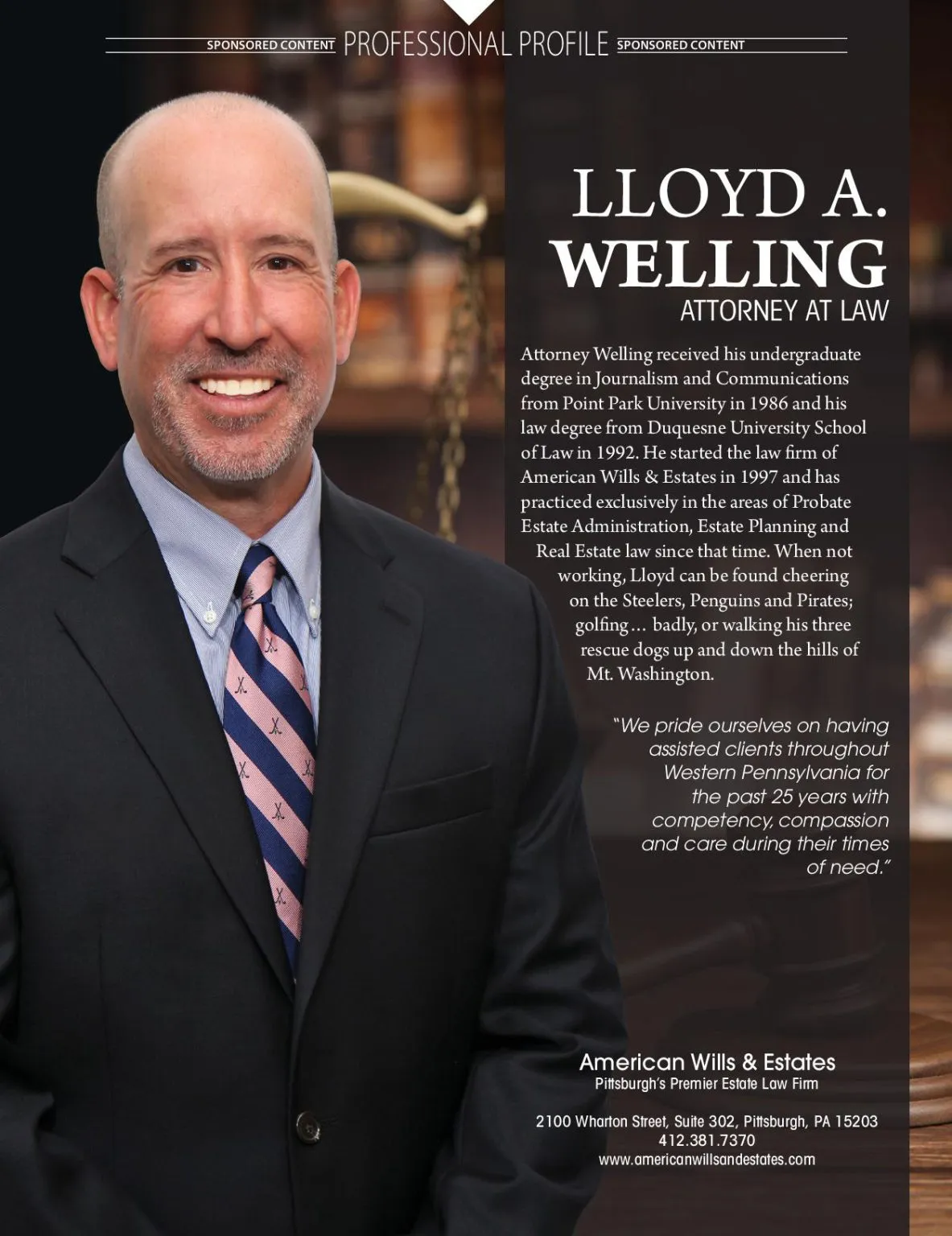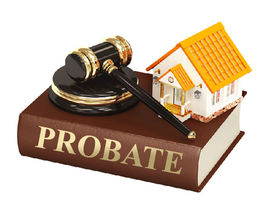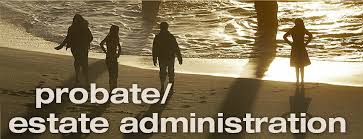As attorneys who have practiced exclusively in the areas of estate planning and probate estate administration for the past twenty years we have heard people make every excuse why they do not have an effective estate plan in place. Read more to discover five of the most common excuses we encounter.
As attorneys who have practiced exclusively in the areas of estate planning and probate estate administration for the past twenty years we have heard people make every excuse why they do not need to take the time to put an effective estate plan in place. Here are five of the most common excuses we hear:
1. I don’t have enough assets for it to matter, can’t I avoid probate altogether?
Depending on how you assets are titled, you can sometimes get by without formally opening a loved one’s estate, but why risk it? If your estate has debts or you own real estate probate estate administration will be needed. Probate in Pennsylvania is not as complicated as it is in some other states, but with a properly executed Will the duties of the executor are generally simple and pretty straight forward.
2. I don’t need an attorney I can do my estate plan by myself with stuff off the internet or by using a form book.
Indeed, in today’s world of technological information you may be able to cobble together your estate plan by yourself. However, doing so might not be the best of ideas. There are many pitfalls in the probate code that can confuse even an experienced attorney. Every state has a different rules and every individual has a different set of needs. A local attorney familiar with his/her state’s rules can more effectively draft a plan to accomplish your specific estate planning needs.
3. Failure to take into account your entire estate.
It’s important to account for everything and understand where and how things will pass to your heirs either under your Will or to your named beneficiaries. I will often draw a flow chart to help my clients visualize where and how their assets will pass. Quite often my clients will forget to tell me about certain collections and/or personal items that they have and that they want to pass on to a specific heir. Do you have jewelry, collections or family heirlooms that you want to pass on? Are there oil, gas or mineral rights or royalties that you have forgotten to mention? You should talk to an experienced attorney about these types of things so that you can put into place an effective estate plan.
4. Failure to plan for incapacity.
This is not a pleasant area to discuss, but there is a real chance that you or someone in your family may become incompetent or incapacitated. If you have not taken this into consideration in your estate plan, your children or other heirs may have to initiate a formal court proceeding called guardianship in order to be able to act on your behalf. A court appointed guardian can manage both your financial and healthcare needs. However, a good estate plan will already include documents allowing one or more of your children or other heirs to act on your behalf in the event of you incapacity and without the need for court intervention. More importantly to some families, you can decide who will act and who will not act on your behalf in the event of your incapacity.
5. Failure to have an Advanced Healthcare Directive or Living Will.
The nation saw up close and personal what a worst case scenario could be like in 2005 with the Terry Schiavo case. End of life decision making that should have been personal and private, was debated by the entire nation, in congress and in the courts. In Pennsylvania, one can complete a simple form that makes your end of life wishes clear and allows you to appoint one or more individuals who will carry them out. Had Terry Shiavo had this simple form the controversy surrounding her case could have been avoided.
So those are five of the common mistakes or excuses my clients have made over the years. I highly recommend that you take the time to talk to an experienced estate planning attorney so that you can put together an estate plan that best suits your family’s specific and individual needs.













